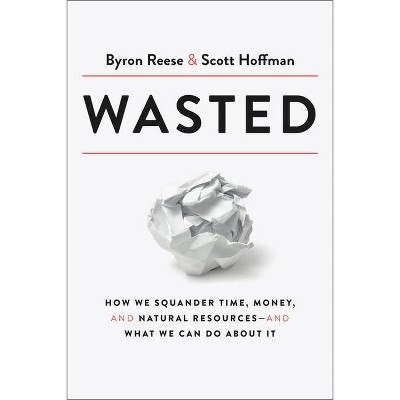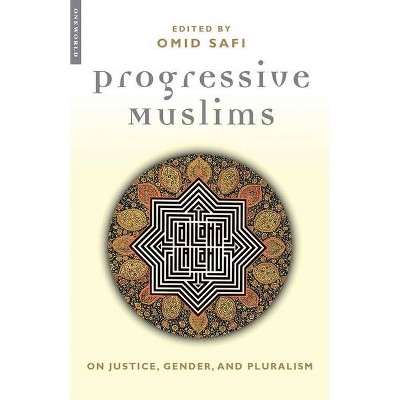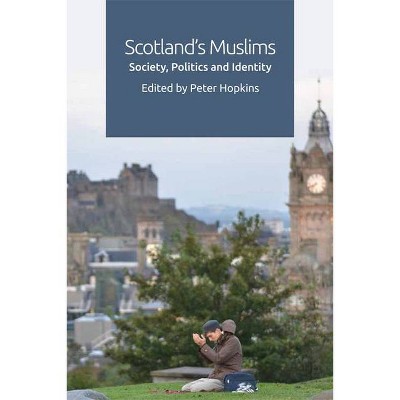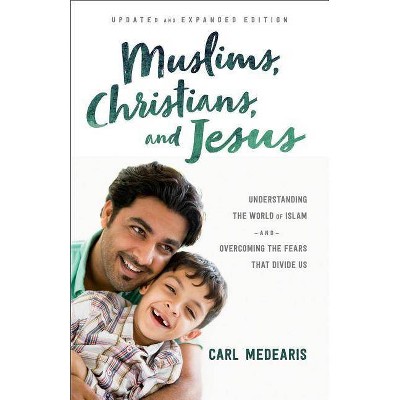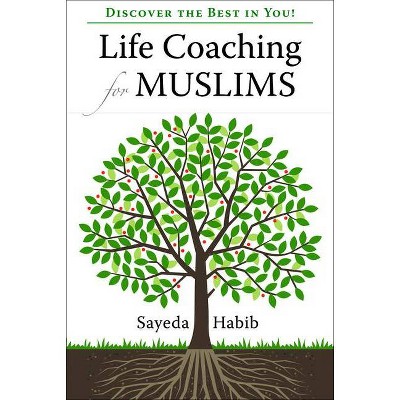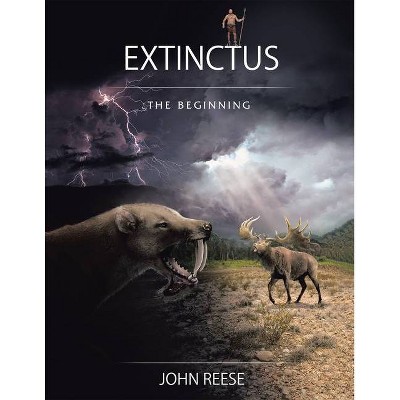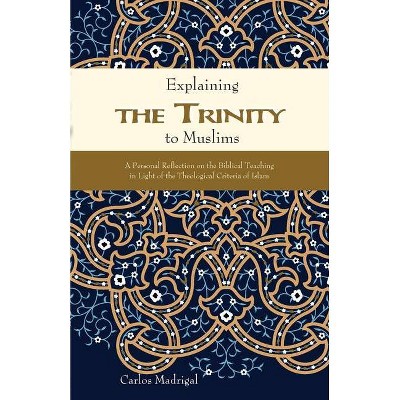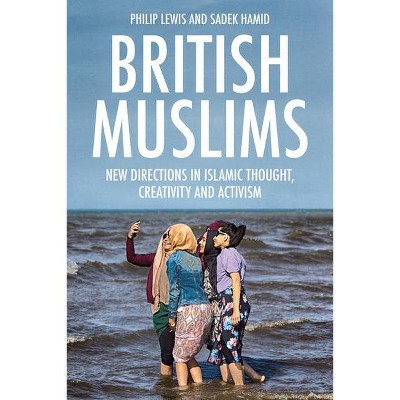Imperial Muslims - by Scott S Reese (Paperback)
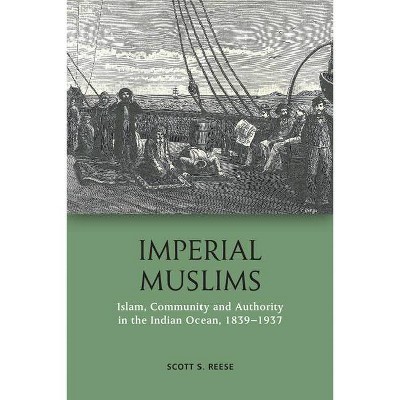
Similar Products
Products of same category from the store
AllProduct info
<p/><br></br><p><b> About the Book </b></p></br></br><p>Explores the social consequences of Britain's creation of an Indian Ocean empire that brought millions of Muslim subjects under a single political umbrella for the first time in the modern era.</p><p/><br></br><p><b> Book Synopsis </b></p></br></br><p>The webs, nodes and networks created by Britain's Indian Ocean Empire during the nineteenth and twentieth centuries are here explored in the context of their personal and social impact. Using the British Settlement of Aden as its focus, the book examines the development of a local community within the spaces created by imperial rule. It explores how individuals from widely disparate backgrounds brought together by the networks of empire created a cohesive community utilizing the one commonality at their disposal: their faith. Specifically, it examines how religious institutions and spiritual ideas served as parameters for the creation of community and the kinds of symbolic and cultural capital an individual needed to attain communal membership and influence within the confines of imperial rule. </p><p/><br></br><p><b> From the Back Cover </b></p></br></br>A transregional history of Muslim community in the British Empire The webs, nodes and networks created by Britain's Indian Ocean Empire during the nineteenth and twentieth centuries are here explored in the context of their personal and social impact. Using the British Settlement of Aden as its focus, the book examines the development of a local community within the spaces created by imperial rule. It explores how individuals from widely disparate backgrounds brought together by the networks of empire created a cohesive community utilizing the one commonality at their disposal: their faith. Specifically, it examines how religious institutions and spiritual ideas served as parameters for the creation of community and the kinds of symbolic and cultural capital an individual needed to attain communal membership and influence within the confines of imperial rule. Key Features Explores the social consequences of Britain's creation of an Indian Ocean empire that brought millions of Muslim subjects under a single political umbrella for the first time in the modern era The case of Aden allows an examination of a community that was created by the colonial moment, rather than just shaped by it Shows how individuals drawn together from enormously diverse geographic, cultural and social backgrounds manage the realities of everyday life together via a common Islamic discursive tradition Provides insight into how believers accessed an Islamic ontology and shared concepts of the universe, along with more observable institutions to shape their community within the confines of imperial rule. Scott S. Reese is Professor of Islamic History at Northern Arizona University and author of <i>Renewers of the Age: Holy Men and Social Discourse in Colonial Benaadir</i> (Brill, 2008) and <i>The Transmission of Learning in Islamic Africa</i> (Brill, 2004).<p/><br></br><p><b> Review Quotes </b></p></br></br><br>'In <em>Imperial Muslims</em>, the author's ingenious use of British archival sources and Arabic contemporary publications make 19th and early 20th century Aden come alive in front of the readers' eyes. His assertion that at the turn of the century Britain ruled over forty percent of the global Muslim population is enough to explain why Aden is an important case study in providing a window into the social and spiritual life of a Muslim community within the British Empire.'--THANOS PETOURIS "BYS newsletter"<br><br>A complex and compelling...Reese's insightful exposition has the possibility of stimulating new discussions of issues of concern to those of us working on configurations of Muslim community and modernizing transformations much further afield.--R. Michael Feener, Oxford Centre for Islamic Studies "Journal of Islamic Studies"<br><br>In <em>Imperial Muslims</em> we have a tremendously valuable and highly readable contribution, one that has filled a serious gap in our reading of modern Indian Ocean history, and that has also added significant depth to our understanding of Muslim religious life under colonial rule. This is a book that will find a wide readership in Middle Eastern and Islamic history, colonial history, and especially the history of the Indian Ocean. It is beautifully written, deeply textured, and eminently accessible... Moreover, it is organized in a way that allows for a classroom instructor to assign individual chapters as well as the whole book.--Fahad Ahmad Bishara, University of Virginia "Die Welt des Islams"<br><p/><br></br><p><b> About the Author </b></p></br></br><p>Scott S. Reese is Professor of Islamic History at Northern Arizona University and author of Renewers of the Age: Holy Men and Social Discourse in Colonial Benaadir (Brill, 2008) and The Transmission of Learning in Islamic Africa (Brill, 2004).<p>
Price History
Price Archive shows prices from various stores, lets you see history and find the cheapest. There is no actual sale on the website. For all support, inquiry and suggestion messages communication@pricearchive.us
